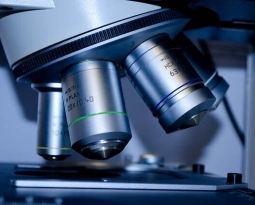Research and Development Tax Credit
Irish Tax Law
Under the Irish tax law, tax credits are available to companies that incur certain research and development activities. The law in relation to the Research and Development incentive has the following features:
- 25% credit for incremental qualifying expenditure on R&D.
- In order for a company to qualify, expenditure on R&D activities must aim at achieving scientific and technological advancement. Moreover, the expenditure must involve an attempt to resolve a technological uncertainty.
- The expenditure incurred on subcontracted R&D activities undertaken by a third party may also qualify for the credit to the extent that the expenditure subcontracted does not exceed 10% of the overall expenditure on R&D by the group and that the subcontractor does not claim a credit for the expenditure.
- Expenditure that is subcontracted to a qualifying third level institution can also qualify so long as it does not exceed 5% of the group’s overall expenditure on R&D.
- The credit can also be refundable in certain cases such as where there is an insufficient corporation tax liability to utilize the full credit for the accounting period in which the expenditure on R&D was incurred. In this scenario, the credit can be surrendered to other group companies, carried back for offset against the preceding period corporation tax liability or even claimed as a cash refund which is spread over three years (this is subject to certain limitations).
Available Deductions
Moreover, a deduction is available for revenue and capital expenditure on scientific research. The deduction is available even where the expenditure on the research is not related to the trade of the company in question. For more information, contact Swanson Reed.









